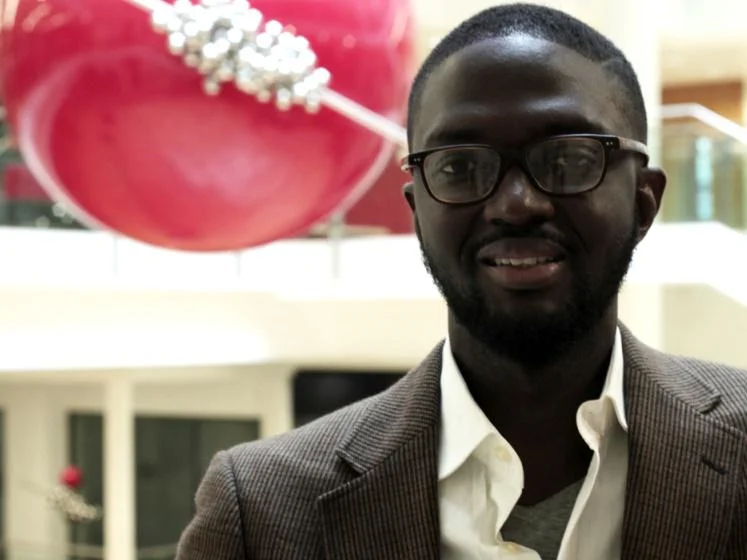Q&A with Atta Addo
Atta is currently studying for a PhD in the Department of Management
Read about his research and its impact, career goals and what it's like to study at LSE

What are you currently researching?
My PhD research, which includes case studies in Ghana, investigates how information technology (IT) in developing countries might enable organisational changes in the public sector.
Despite billions of dollars in IT investments over the last few decades, and thousands of IT interventions intended to support public administration reforms in developing countries, the outcomes are mixed, often contradictory, and rarely according to plan.
Aside from my PhD work, I’m also interested in understanding emerging digital technologies like the blockchain, as well as effects of the so-called ‘digital revolution’ on organisational, social and economic transformations in developing countries.
Why did you choose this area of study?
Technology is developing and spreading at a faster rate than we can currently make sense of and digital technologies are now driving major social shifts. There are important new questions and problems in relation to traditional arrangements of work, organisation, society and the economy, even while we continue to grapple with old, enduring ones.
Another reason I chose this field is that it also has broad linkages to other social science disciplines and has the potential to draw upon, and contribute meaningfully to diverse academic conversations.
How will your research improve or have a wider impact on society?
My goal as a researcher is to understand important and puzzling phenomena. The "wider impact on society" is often not immediate or obvious; nor necessarily aligned with the goals or interests of key stakeholders and practitioners.
So while I believe my work has specific insights that can improve IT interventions in the public administration of developing countries, the most important thing for me is how it informs better understanding of practice through teaching and other scholarly engagements.
What do you hope to do career-wise, long term?
I hope to stay in academia at a good research institution that also values teaching.
Can you provide any advice to prospective students about the most effective way to approach research and keep stress levels down?
The best researchers I’ve met are people who are reflexive about their work; thoughtful about both process and outcomes, as well as how they can constantly improve. This might mean thoroughly planning your project in a systematic, yet realistic way.
But no matter how well one plans, the research process is rarely, if ever linear and can be something of a moving target. This means it’s essential to stay flexible and adaptable.
Some of the best social science research advice I’ve encountered so far comes from C. Wright Mills' classic chapter, On Intellectual Craftsmanship(an appendix to his book The Sociological Imagination). It was the kind of inspiration I needed at a time when I was quite stuck and stressed about my research.
What resources are available at LSE to help young researchers?
In my experience, the best resource for young researchers is the vast, and often generously-shared wisdom of more senior colleagues and faculty at LSE. Not everything is in the library or on a website.
Cultivating mentor-mentee relationships with more senior scholars goes a long way to advancing a young researcher’s intellectual and professional development. But this is more of an art, and is not always easy. Which is why many young researchers completely ignore it until it is too late.
In a few words, what is the best thing about studying at LSE?
The people: Brilliant faculty, inspiring students, dedicated staff.